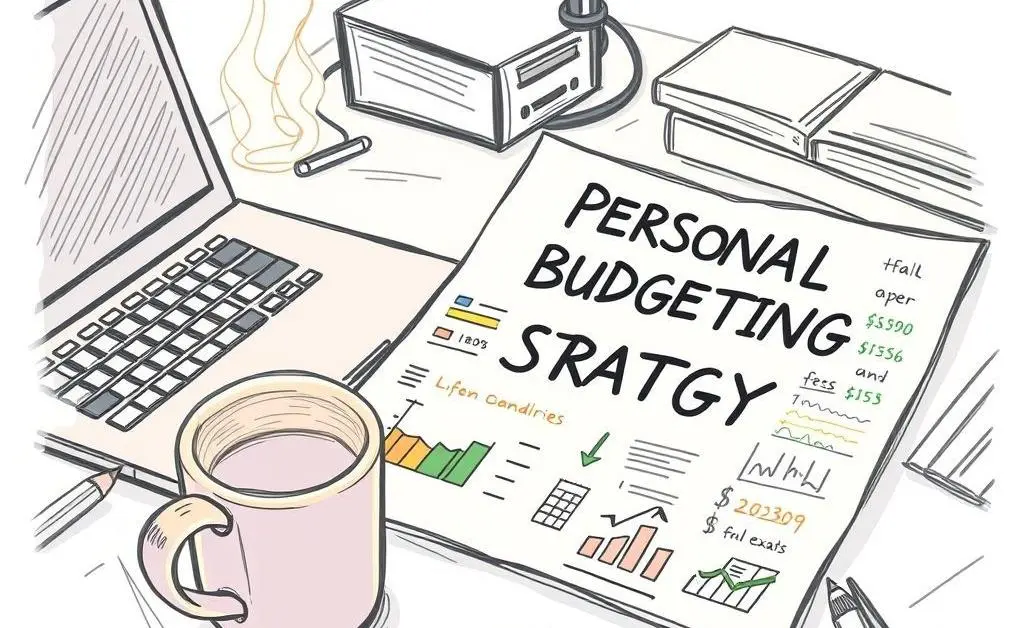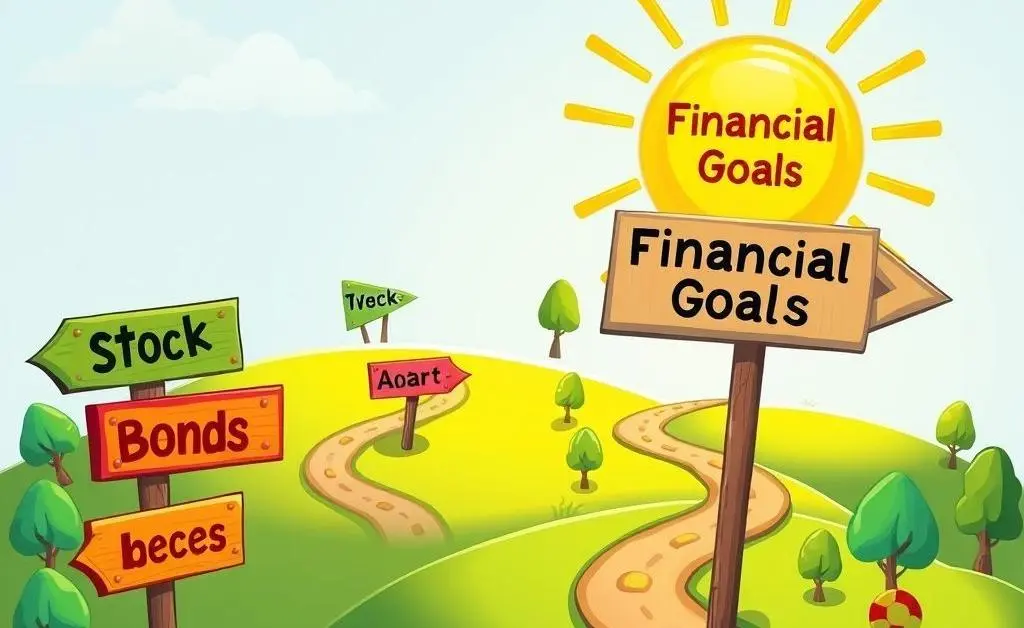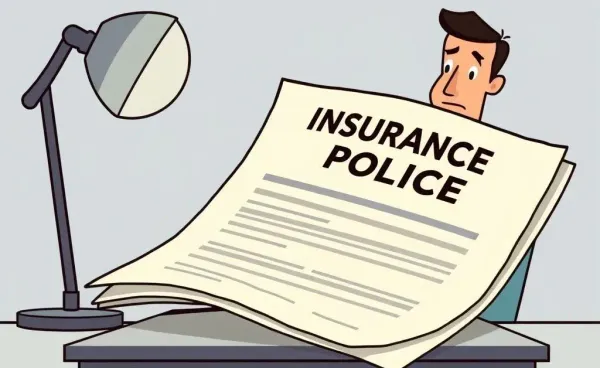Unlocking Financial Independence: Practical Tips for a Secure Future
Explore practical tips and insights to achieve financial independence.

Have you ever imagined what it would be like to wake up one day and realize you’ve achieved financial independence? It’s a dream many of us chase, hoping for the freedom to make life choices without financial constraints hanging over our heads. Let’s dive into what financial independence truly means and how you can start steering your way toward it.
Understanding Financial Independence
At its core, financial independence means having enough income to cover your living expenses without the need for full-time work. It doesn’t mean you stop working; rather, you get to choose how you spend your time and resources.
Practical Tips to Achieve Financial Independence
- Create a Budget: Knowing how much you’re spending and what you’re earning is fundamental. This step sets the groundwork for achieving financial security.
- Invest Wisely: Investing is about making your money work for you. Stock markets, real estate, and retirement accounts are all avenues worth exploring.
- Build an Emergency Fund: An emergency fund acts as a safety net, protecting you against unforeseen financial emergencies without derailing your long-term plans.
- Live Below Your Means: It’s simple but powerful. Adopting a lifestyle that costs less than your earnings can significantly boost your savings rate.

Long-Term Investment Strategies
Let’s be honest, investing can feel overwhelming. My friend Lisa used to be overwhelmed by the idea, intimidated by the jargon and risks. However, she started small by investing in a diversified portfolio and gradually felt more comfortable.
It’s crucial to develop a strategy that aligns with your financial goals, risk tolerance, and investment horizon. Consider these options:

- Index Funds: These are great for beginners due to their simplicity and low costs.
- Real Estate: A popular method for those interested in tangible assets.
- Bonds: They may not offer the same growth potential as stocks but can provide reliable returns and stability.
Regardless of the investment avenue you choose, continuous learning and staying informed are key.

Planning for the Future
Achieving financial independence requires commitment and patience. What are your thoughts on making small changes today that pave the way for a prosperous tomorrow? Embrace this journey, for it has the potential to transform your dreams into a living reality. Remember to regularly revisit and adjust your plan to keep it aligned with your evolving goals.
What's one thing you could change today to bring yourself closer to financial independence?




